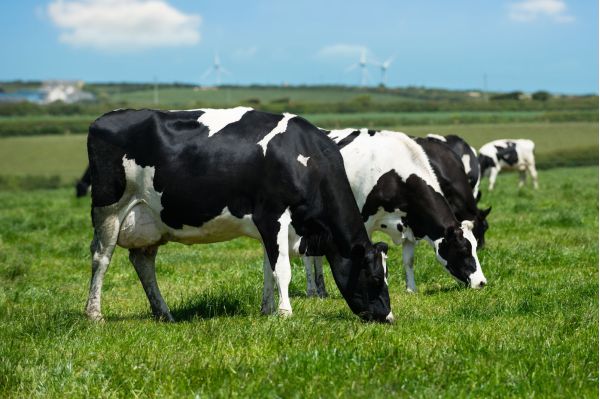
Matt O'Keeffe
Editor
Thinking the unthinkable

Natural justice would suggest that farm investments based on current regulations should be honoured by all concerned. Take an example of investing in additional slurry-storage facilities. The investment is made based on current stocking rates, storage requirements and regulatory demands. In two years’ time it is perfectly possible that stocking-rate thresholds could be reduced. Business decisions are often hazardous, and it is reasonable to assume that market conditions could change adversely. However, if regulations demand increased slurry-storage capacity and then another aspect of regulation changes, resulting in lower stocking rates and consequently lower storage-capacity requirements, it is impossible to make sound investment decisions. It is unreasonable to have to operate under these fluid regulatory conditions. Farmers need some degree of certainty. Weather and output price certainties are not possible. Regulatory certainty should be possible.
Further reductions
There is an unwillingness among farm organisations to contemplate a further reduction in nitrates levels. This is an understandable attitude, given that such a reduction would impair our production model. It could also be suggested that this attitude is delusional. Facing reality, there is significant reason to believe that further nitrates reductions will be considered in the coming years. Postponing any planning process to deal with this potential outcome would seem to be an inadequate reaction, at the very least. Not considering or planning for such an eventuality did not serve farmers particularly well when the Nitrates Derogation was being reduced from 250kg to 220kg. Fighting the good fight didn’t deliver salvation to those affected. What is the difference between the water quality standards considered in forcing through the recent 30kg reduction and another reduction to 170kg. The same stipulation is still there. If water quality does not improve, further reductions will be considered and, most likely, implemented. There has been some placatory language used by politicians and regulatory authorities to the effect that a stabilisation of water quality would suffice to hold the current nitrates threshold. At best, this is just soft talk from people who are unlikely to worry about the consequences for producers, because they will have moved on. Ultimately, it would be merely another postponement of what may be considered inevitable. With virtually no support across the EU for our unique position, and with some countries believing the derogation offers Irish producers a competitive advantage, the inevitability increases even further.
Cause and effect
If our chemical fertiliser inputs reduce further, our adoption of low emission slurry spreading (LESS) technologies increases, our swards have a greater clover content, and water quality still does not significantly improve, then we have an even bigger problem. Cause and effect will no longer be on our side. The production model based on long growing seasons and high rainfall levels will be seen as environmentally unstable. The very rationale for securing a derogation will be seen as having been counterproductive in terms of its effect on nitrates losses to waterways.
Ultimately, we must consider the economic implications of the potential loss of our Nitrates Derogation. Productivity and income reductions can be determined. In addition to a steadfast opposition to further nitrates reductions, a plan B might be deemed advisable. Producers should reasonably expect to be financially buffered for financial losses incurred because of regulatory change imposed on them. An actuarial assessment of losses over a ten-year period is one approach that should be considered. A loss of financial return on long term investments in environmental protection measures and production capacity made in good faith by producers cannot reasonably be expected to be borne alone by those producers. Whether calculations on financial losses are estimated on reduced cow numbers or overall productivity losses would be matters for negotiation.





